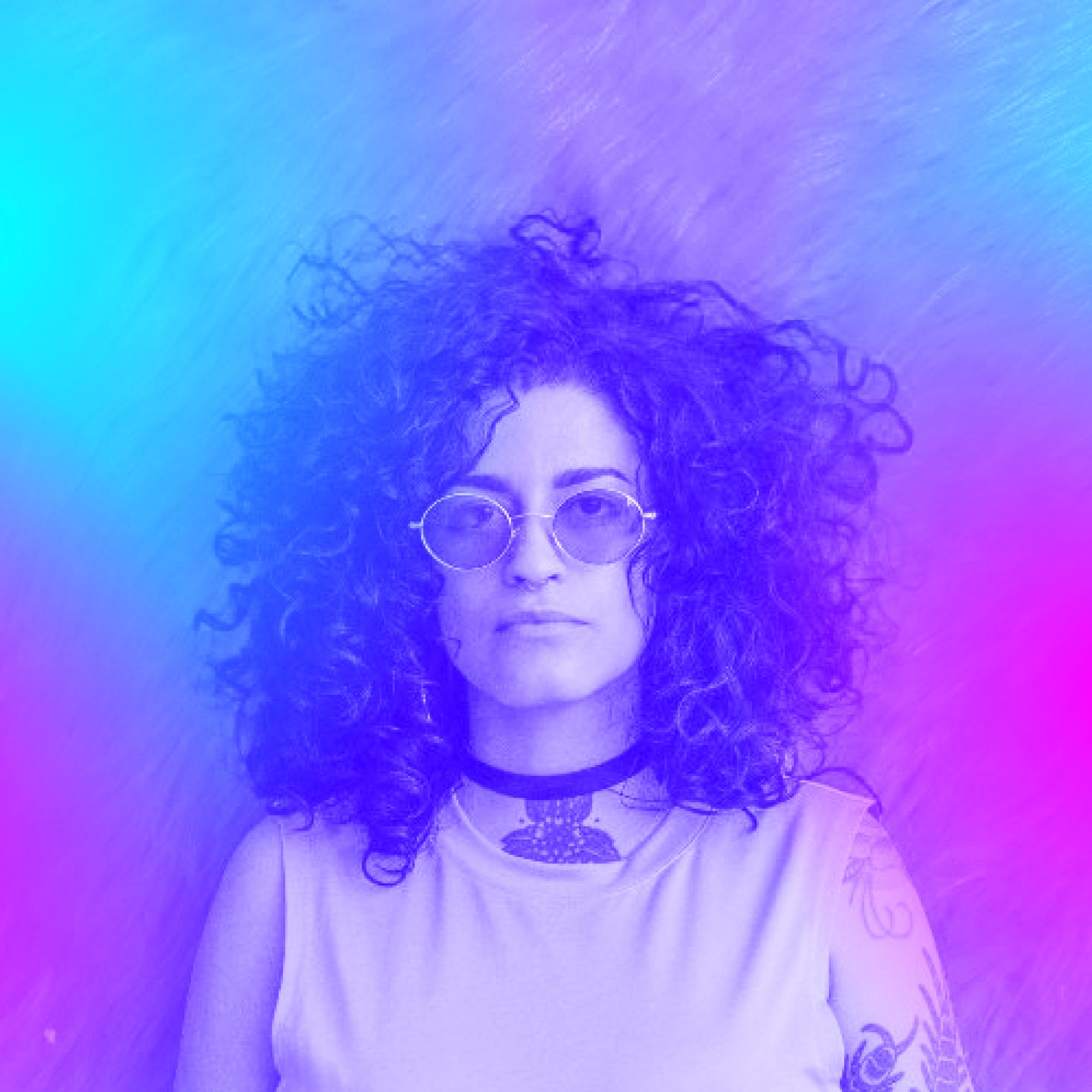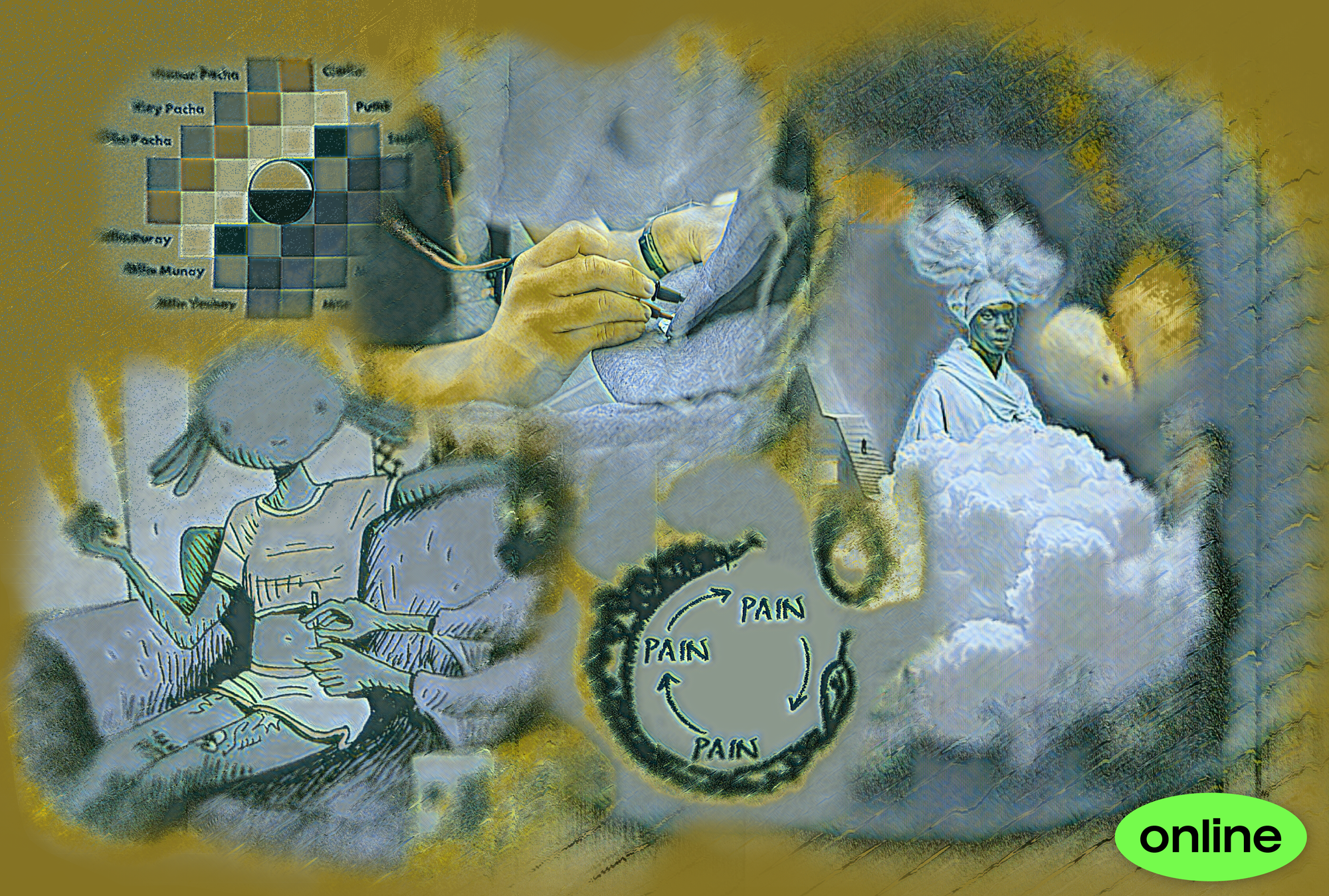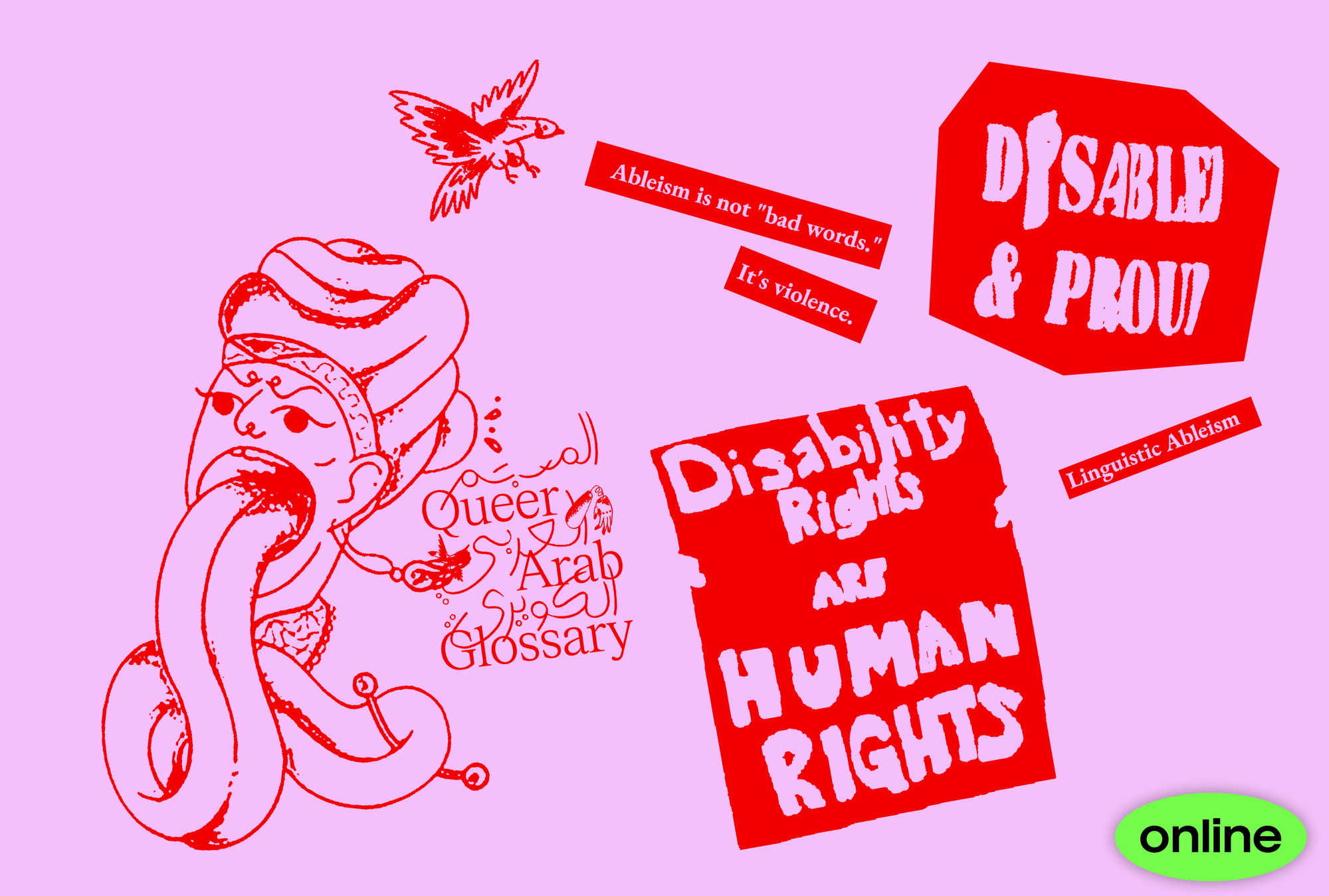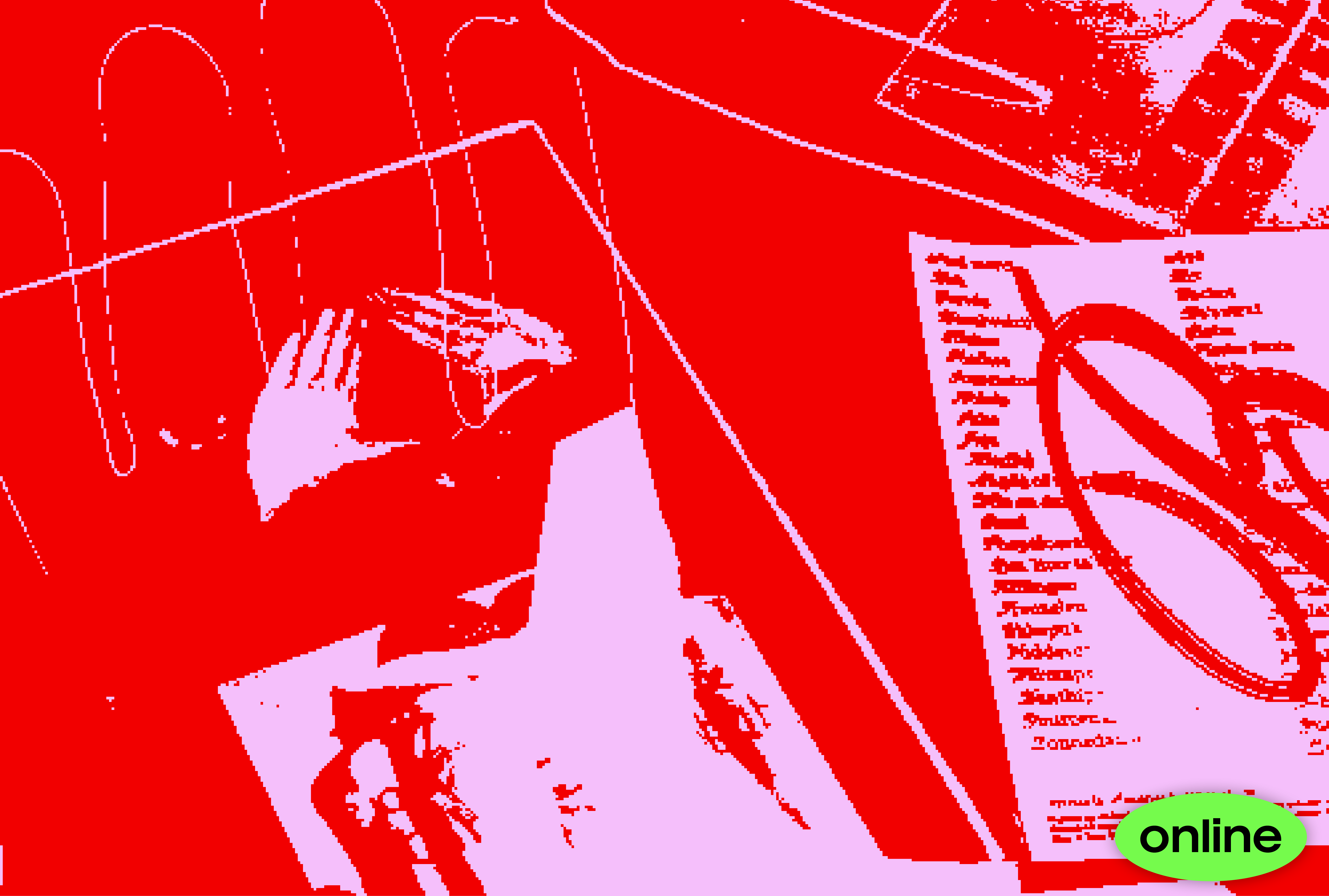In this talk, artist and researcher Luiza Prado offers a critical analysis of colors, materials, and hues—unearthing colonial narratives.
A blue work shirt. A golden ring, a promise. Smooth, solid, reddish wood. A copper wire, connecting two places. Khaki trousers in a desert landscape. Charcoal, burning bright. White, whipped egg whites.
What paths might have been traced for certain materials, pigments and hues to color and be present in the environments of the everyday? How do these things travel across lands and oceans, interwoven in the fabric of colonial history? In this talk, artist, researcher and writer Luiza Prado will offer a critical analysis of these stories, unearthing colonial routes and thinking of the possibilities opened up by the rejection of colonial narratives.

Luiza Prado de O. Martins (she/her) (she/her) is an artist and researcher whose work examines themes around fertility, reproduction, coloniality, gender, and race. In her doctoral dissertation she approaches the control over fertility and reproduction as a foundational biopolitical gesture for the establishment of the colonial/modern gender system, theorizing the emergence of ‘technoecologies of birth control’ as a framework for observing—and resisting, disrupting, troubling—colonial domination. Her ongoing artistic research project, “A Topography of Excesses,” looks into encounters between human and plant beings within the context of indigenous and folk reproductive medicine, approaching these practices as expressions of radical care. Throughout 2020, she will develop the long-term garden project “In Weaving Shared Soil” in collaboration with The Institute for Endotic Research. She is currently based in Berlin. She is a founding member of Decolonising Design.
In this talk, artist and researcher Luiza Prado offers a critical analysis of colors, materials, and hues—unearthing colonial narratives.
A blue work shirt. A golden ring, a promise. Smooth, solid, reddish wood. A copper wire, connecting two places. Khaki trousers in a desert landscape. Charcoal, burning bright. White, whipped egg whites.
What paths might have been traced for certain materials, pigments and hues to color and be present in the environments of the everyday? How do these things travel across lands and oceans, interwoven in the fabric of colonial history? In this talk, artist, researcher and writer Luiza Prado will offer a critical analysis of these stories, unearthing colonial routes and thinking of the possibilities opened up by the rejection of colonial narratives.

Luiza Prado de O. Martins (she/her) (she/her) is an artist and researcher whose work examines themes around fertility, reproduction, coloniality, gender, and race. In her doctoral dissertation she approaches the control over fertility and reproduction as a foundational biopolitical gesture for the establishment of the colonial/modern gender system, theorizing the emergence of ‘technoecologies of birth control’ as a framework for observing—and resisting, disrupting, troubling—colonial domination. Her ongoing artistic research project, “A Topography of Excesses,” looks into encounters between human and plant beings within the context of indigenous and folk reproductive medicine, approaching these practices as expressions of radical care. Throughout 2020, she will develop the long-term garden project “In Weaving Shared Soil” in collaboration with The Institute for Endotic Research. She is currently based in Berlin. She is a founding member of Decolonising Design.




























